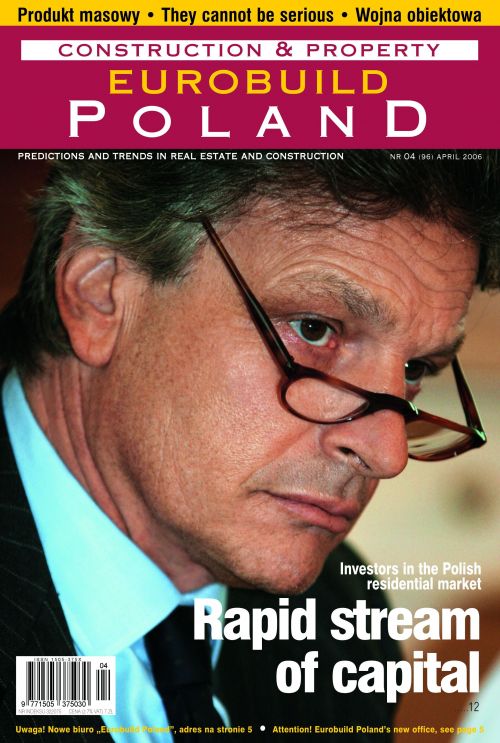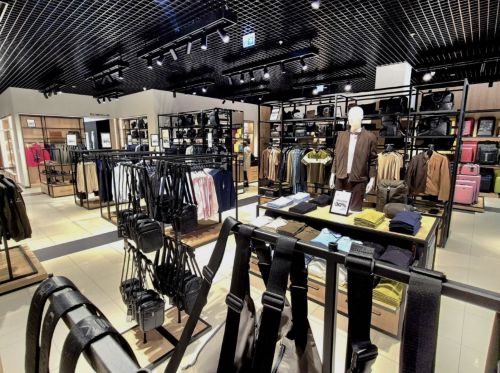The Polish book launch of \'Warehouses - Witnesses of Prosperity\' took place last month. According to the author, Ann De Kelver, this work is about the importance of warehousing to our society. \'Eurobuild Poland\' spoke to the author about her unusual choice of subject matterNathan North: It may seem like a strange idea to a lot of people to write a book about warehouses. Why did you feel that the world has been waiting for such a book? And why did you choose the title, \'Witnesses of Prosperity\'?Ann De Kelver: I don\'t think the world has been waiting for a book about warehouses. I wanted to wake up the world to warehouses. All the things we have or need are stored in these buildings. The title does express defiance - it is now becoming increasingly difficult in western countries to build warehouses, with objections on environmental or traffic grounds accompanying every new warehouse development. But what people do not realize is that if they say no to warehousing, then they are sa




























































